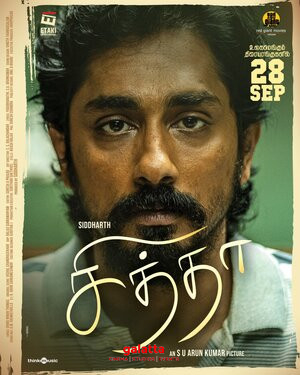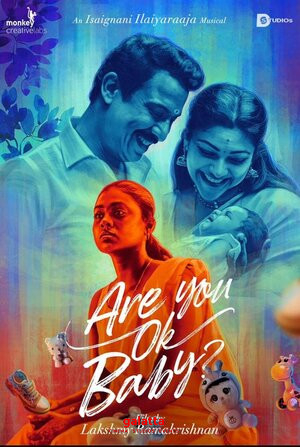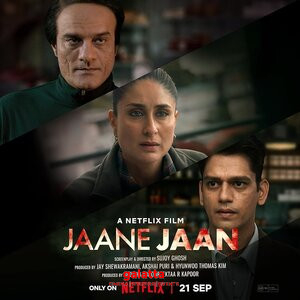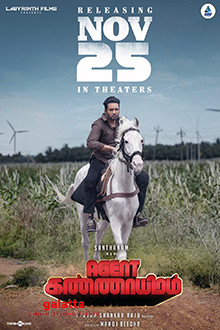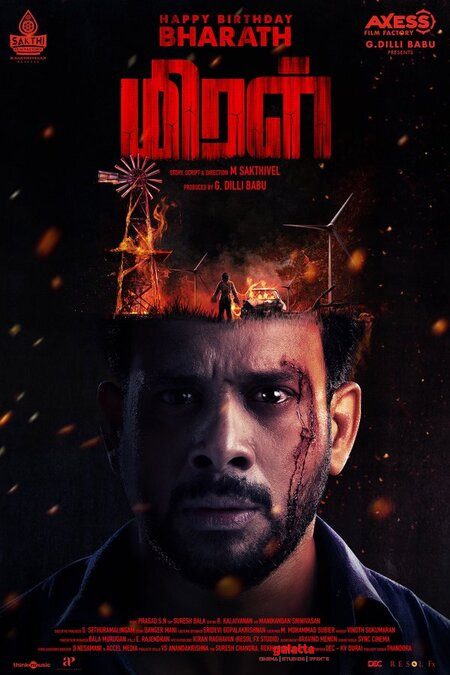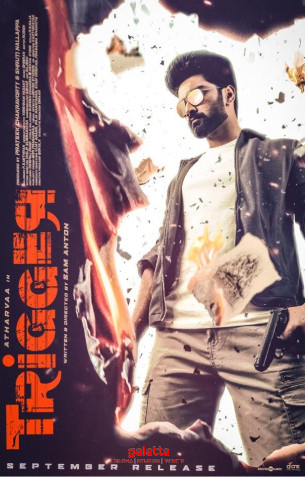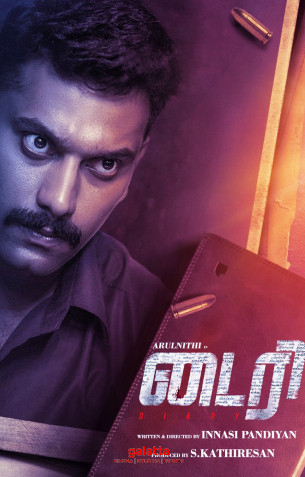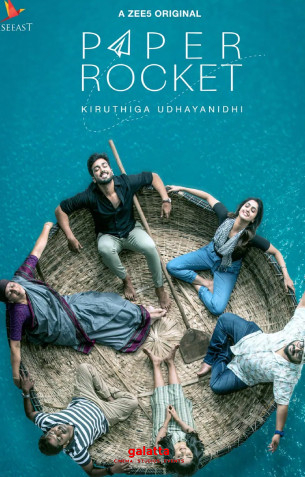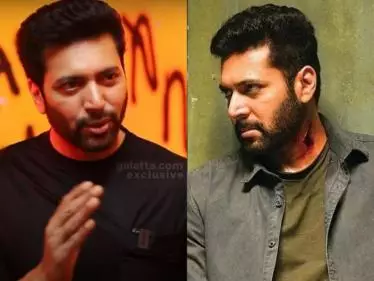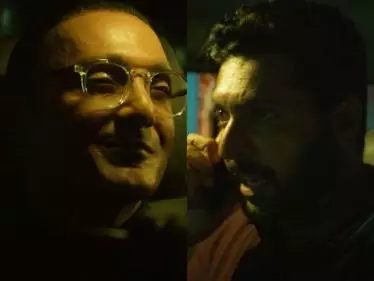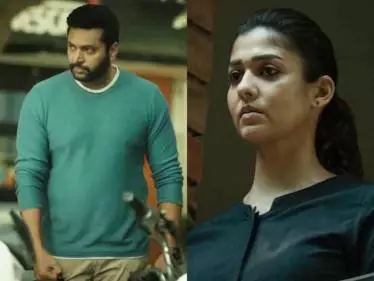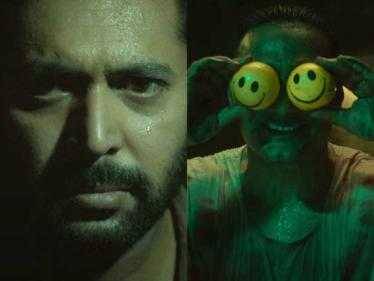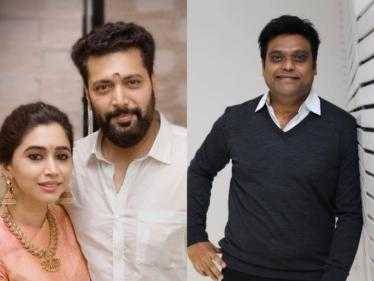Iraivan Movie Cast & Crew
Man is the most dangerous animal of all. These are not my words. These are the words that open this thriller, which features Jayam Ravi and Nayanthara as Arjun and Priya. He is a cop. She is a cop's sister. (Narain plays her brother, Andrew.) Arjun is impatient and believes in encounter killings, saying that he cannot wait for God to deliver justice. Priya is waiting for him to realise that, despite these rules he lives his life by, he can still get married. I liked one line that Andrew says to Arjun, that death never comes to people who say they are not afraid to die. It comes to people around them. Otherwise, this is not a film where the actors are required to give much of a performance. The direction is loud and simplistic. The events are random. If Arjun is going to continue with the investigation, why have him resign and turn in his gun? Nothing makes sense. If Arjun is stepping away to open a coffee shop, then it would be nice to show him getting pulled back in. But that, I guess, would require too much thinking, too much writing.
And into these lives, a serial killer arrives. He calls himself Bramma, after the Creator in Hindu mythology. I wondered why he did not call himself Shiva. He is, after all, the Destroyer. This guy targets very young females, and this gives the director the opportunity to stage a series of very sensationalistic frames of nude and brutalised women. How many scenes do we need of the victims spread out in various poses? How many scenes do we need of parents weeping over videos of their dying daughters? What are the voices the killer says he keeps hearing? Why keep introducing young women so obviously, so the audience is already prepared that they are going to get abducted? And why on earth does Arjun keep screaming the name of the girl as he runs around trying to save her? Does he not know the killer could be around and realise that Arjun is approaching?
Questions, questions are all we are left with. The one thing that works is that the Jayam Ravi and Nayanthara characters do not have a love angle. She wants to be there for him, but he is afraid that his job and his enemies will make her life dangerous. So there's an off-on quality to their relationship. Like everything else in the film, this is sketchy – but at least, we are spared random love moments in the midst of a gruesome thriller. But everything else is super-generic. It's as though they thought we have seen these scenarios anyway, so why bother to flesh these people out. But fleshing out is what will make this serial-killer thriller different from a Ratchasan or a Por Thozhil. The overall arc may be the same, but it's the specifics that make the movie. Iraivan is all one-line and no follow-through.
Hereon, you are going to find spoilers, so read with caution…
Rahul Bose plays the villain, and his role is underwritten to the point of being comical. Like the serial killer in Michael Mann's Manhunter, our man gouges out the eyes of his victims. But there has to be a twisted reason for this MO, something that explains the reason for this particular method of killing, and that's missing. Again, chalk it up to the (lack of) writing. Another point that feels really odd is when one victim is described as a nymphomaniac. She may well be one, but what has that got to do with the story? Does her nature change the killer? Or is this just some male fantasy being played out? Even when Arjun says there is a second killer, you wonder how he knows. Again, these contrivances are not fleshed out, and things just seem to be happening because the writer-director wants them to and not because the character instigates these thoughts/actions.
And then, we get this copycat killer, whose motivations seem even worse. When he says he wants to embrace Arjun, you not only know what he is going to say, you also can guess the camera angles, the staging. Iraivan keeps throwing new things (like a soft porn theatre) and new people into the mix – I guess the idea is that we will remain unsettled, that we will stay pleasantly confused about the who and the why. But this is a case where we are clear and it's the writing that's confused. A plot point about a mosquito bat wants to sound philosophical. It sounds painfully half-baked. The director wants every point to have dramatic punch, but there is no build up to the scene where, say, Andrew dies. He's the hero's best friend. He's the heroine's brother. We need this moment to explode. But though we see drama on screen, we don't feel it. That can be said about most of Iraivan.


